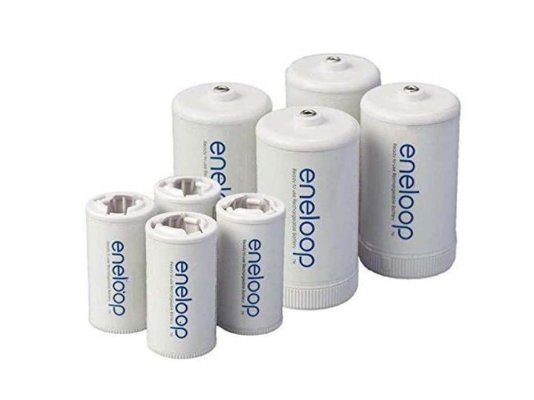Gypsyjon
Veteran Member
Duracell leakers
I too have had Duracell batteries leak and ruin some good stuff. For example, these leakers ruined a nice Fenix LED flashlight, a remote control for my TV and several other items.
Since Warren Buffet owns this company, I sent him an email telling him about what I view as their quality problems...of course I heard nothing back.
I am told Duracell makes the Costco batteries but I have not verified this.
However, NEVER wil a Duracell battery enter my life again.
I too have had Duracell batteries leak and ruin some good stuff. For example, these leakers ruined a nice Fenix LED flashlight, a remote control for my TV and several other items.
Since Warren Buffet owns this company, I sent him an email telling him about what I view as their quality problems...of course I heard nothing back.
I am told Duracell makes the Costco batteries but I have not verified this.
However, NEVER wil a Duracell battery enter my life again.


